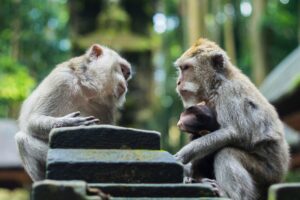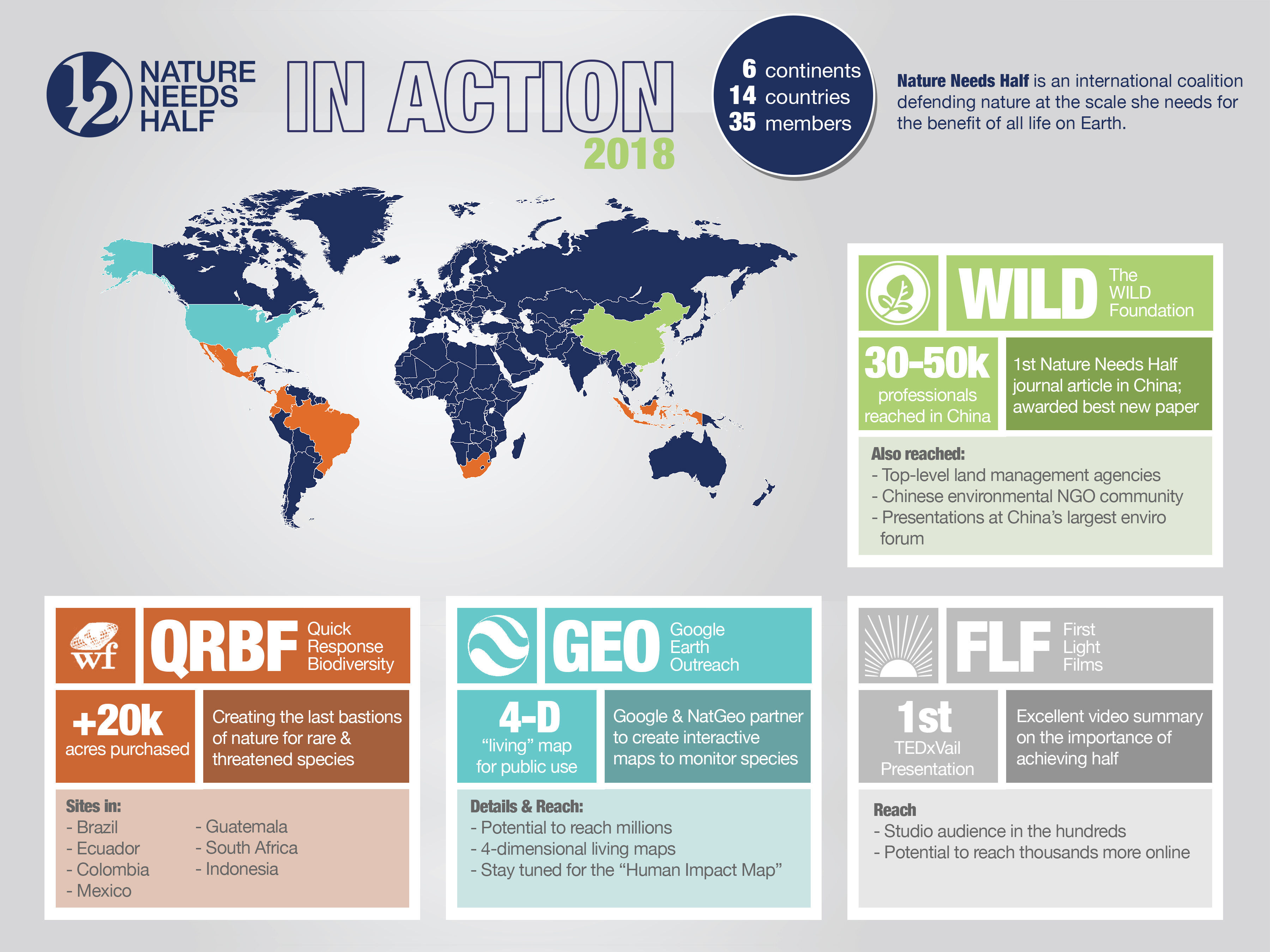The Single Most Important Conversation We Must Have Before We Can Protect Wild Nature
If you’re like most people, you dread starting difficult conversations, especially when you have to ask for a substantial change in behavior.
Working up the nerve to start a difficult conversation is challenging enough. But even when you are ready to start “The Talk” it isn’t uncommon to find that the person you need to talk to, doesn’t want to show up for the conversation. Most of us can see a difficult conversation coming, and there are those of us who will attempt to avoid it by ignoring or dismissing the person who has concerns.
That’s what makes difficult conversations so, well, difficult. But as dread-inducing and complicated as they are – if done well – they can often be extremely rewarding because difficult conversations are often the first step to better relationships, healthier living, and more responsible behavior. Without them, preventable problems would go unresolved and conditions would deteriorate.
Now imagine what it’s like trying to have a difficult conversation with 7 billion people?
Because that is precisely what the Nature Needs Half Network is doing: we are reaching out to the peoples of the world to let them know that our biosphere is on the verge of collapse because we are losing its green engine that manufactures the conditions suitable for life – wild nature – at an alarming pace.
And we can’t save it without their help.
We are asking them if they are willing to implement a relatively simple solution (given the severity of the consequences should we continue apace): setting aside half of nature to end the Sixth Mass Extinction, and protect life on Earth.
After all, we still have half left. In the grand scheme of things, the solution needed isn’t all that challenging. Not as challenging as it would be if we didn’t still have half.
What it requires is a shift in the way we think about and the way we behave towards the wild world upon which all life depends.
And to many, when it is stated like that, it doesn’t sound like all that difficult of a conversation.

Talking monkeys, Bali, Indonesia/Photo by Mihai Surdu
Unfortunately, though, for most people it is. Many do not understand the singular role wild nature serves in making the conditions for life on Earth possible. Either that, or they are unconcerned about the catastrophic loss of 4 million species in the next 30 years and what that will do to the biosphere and ecological (life-giving) services.
That is why the work of the Nature Needs Half Network this past year has been ground-breaking in many regards. Network members have successfully worked to protect key species in dozens of locations around the globe, while simultaneously starting and continuing a very difficult conversation. They have also amplified the voices of key leaders located in strategically important regions, and recruited them for ambassadors of the Nature Needs Half movement.
Among Nature Needs Half’s dozens of achievements this year, below are some of the highlights partners shared in the last few weeks.
- In 2018, Google and National Geographic joined forces to create “four-dimensional . . . living renditions” of planet Earth allowing the public to monitor the world’s species and ecosystems over time, and better understand both the threats to the natural world and the opportunities to protect it. Keep an eye out for one of the initial components of this partnership, The Human Impact Map on Google Earth, that shows the planet’s remaining, relatively untouched landscapes. With the potential to reach millions of people, this is a major step forward for Nature Needs Half.
- In China, Nature Needs Half partners encouraged and assisted in the publication of the first peer-reviewed article on Nature Needs Half in this country, detailing how China could reach half in the next 30 years. This article was published in the Chinese Landscape Architecture journal, received formal recognition as one of its “best papers in 2018”, and reached over 50,000 Chinese scholars, land managers, and land management professionals, stimulating new opportunities for the protection of half of China and the world, in this country of 1.3 billion people.The second article is on its way and will be published in early 2019.
- Nature Needs Half partner, the Quick Response Biodiversity Fund, with the help of a major grant from the Leonardo DiCaprio Foundation, secured 13 sites around the world for rare and critically endangered species. Many of these sites are the last stronghold for some of Earth’s most unique and vulnerable lifeforms.
- James Brundige, of First Light Films presented to TEDxVail on the essential importance for achieving half in the next 30 years.
These successes are no small feat, given the reluctance many have to engage seriously in a conversation on how to protect Earth’s utterly necessary, and utterly unique biosphere.
But there is still more work to do.
Stay tuned in 2019 for more updates as Nature Needs Half mobilizes more people and institutions in advance of the next United Nations’ Convention on Biodiversity.
Our goal is nothing short of a healthy, vibrant, life-sustaining planet. And we’re going to need your help to achieve it.
